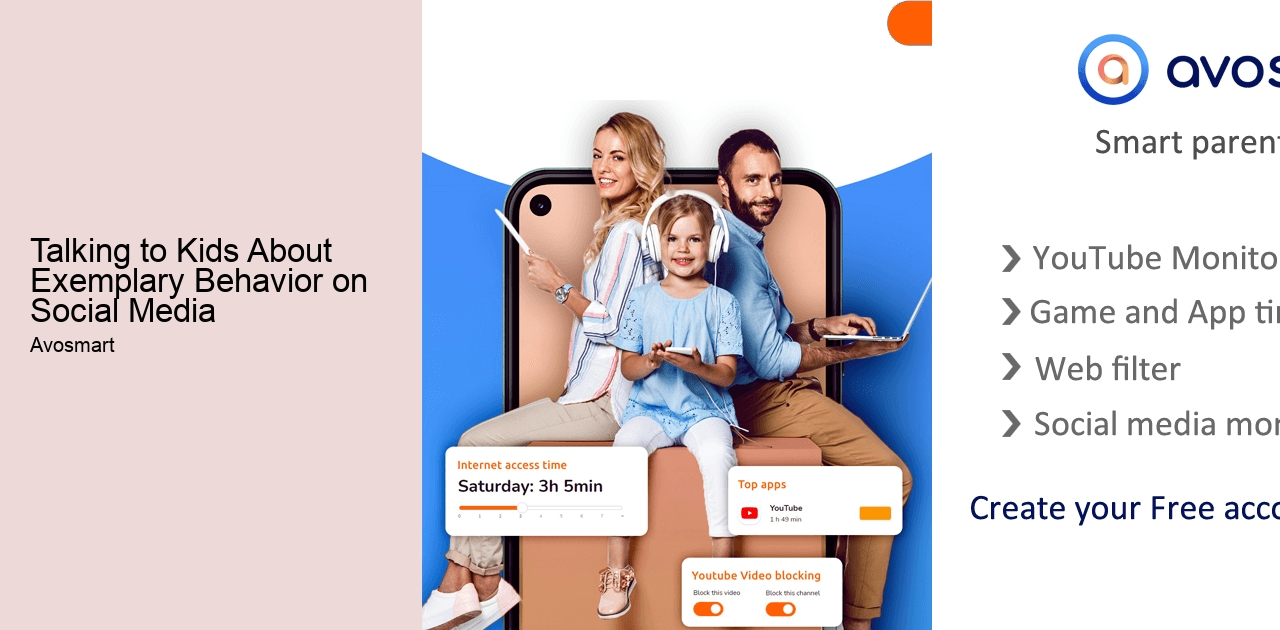
The Importance of Teaching Kids About Exemplary Behavior on Social Media
Talking to Kids About Exemplary Behavior on Social Media
Teaching kids about exemplary behavior on social media is crucial in today's digital age. It helps them understand the impact of their online actions and promotes responsible digital citizenship. By teaching them about the importance of respectful communication, empathy, and critical thinking, we can empower them to navigate the online world safely and ethically. Additionally, teaching kids about privacy settings, cyberbullying, and the consequences of sharing personal information can protect them from potential harm. By instilling these values early on, we can shape a generation of responsible and respectful digital citizens.


